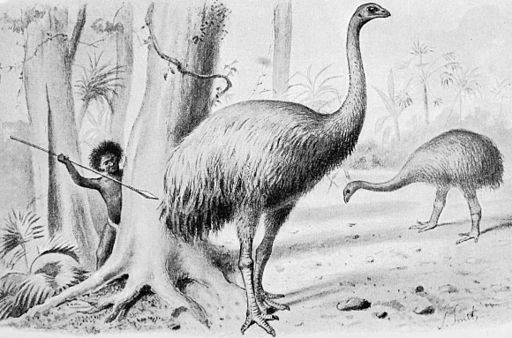Human colonization of the Pacific left piles of dead birds in its wake
Ars Technica » Scientific Method 2013-03-27

Human colonization of the Pacific Islands likely caused the extinction of nearly 1,000 species of large-bodied, flightless birds known as passerine landbirds.
A study of fossils from 41 Pacific islands found that two-thirds of bird populations on these islands went extinct in the period between the first arrival of humans and European colonization, or roughly from 3,500 to 700 years ago. Overhunting by humans, exacerbated by forest clearance, was a major cause of prehistoric bird extinctions.
Extinction rates between islands varied greatly but were higher for smaller islands and those with lower rainfall, which were more extensively deforested. Larger islands experienced lower rates of extinction, partially because they would have supported larger bird populations, but also because their diverse topography would have included forests in less accessible areas, making deforestation and hunting difficult.
Read 6 remaining paragraphs | Comments